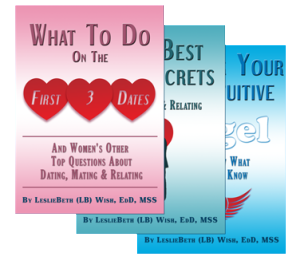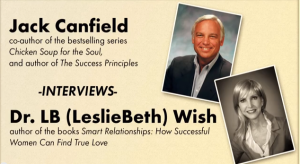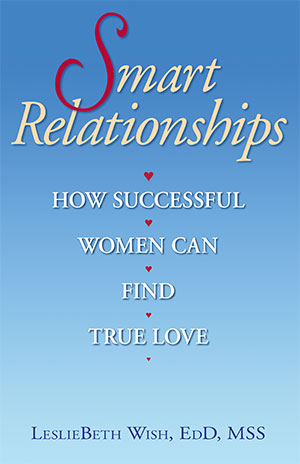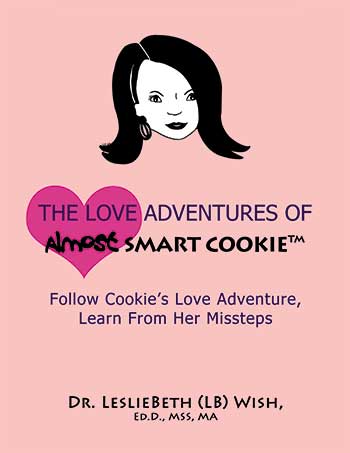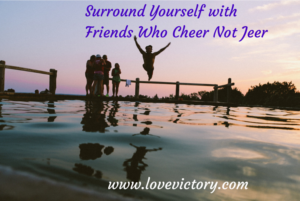 Do you have close friends? Or, do you tend to surround yourself with “friendlies?” Social research continues to show that having a few close friends reduces stress and depression, boosts your immune system, and increases happiness and productivity.
Do you have close friends? Or, do you tend to surround yourself with “friendlies?” Social research continues to show that having a few close friends reduces stress and depression, boosts your immune system, and increases happiness and productivity.
But what do you do if your close friends don’t turn out to be supportive and caring?
Many social researchers have long known the negative effect of isolation on health, but new research demonstrates the dangers of maintaining friendships that are unreliable, critical, competitive, and demanding.
In January 2016, the “Proceedings of the National Academy of Sciences,” published an article by authors Yang Claire and Kathleen Harris of the University of North Carolina-Chapel Hill discussing their findings on the effects of negative and positive friendships on health. They studied almost 15,000 participants and learned that troublesome and strained friendships reduce the health benefits in a person who also has positive and supportive friendships.
So, if good health is important to you, the authors recommend that you end your relationships with non-supportive friends. The advice sounds good—but it is not so easy to do.
Below is a quick guide to dealing with less than great friends. You might want to experiment with these ideas to see which ones work best for you. But I would be remiss if I didn’t warn you that ending friendships, especially long-term ones can make you feel anxious, lonely, conflicted, and guilty.
Ultimately, only you know why, how and if you should end or keep certain friends. Sometimes, your intuitive judgment can outweigh a list of pros and cons.
Your Intuitive Guide To Keeping Or Ending Friendships
The 2 Most Important Preliminary Steps
1. Acknowledge that the friendship has changed. Facing your feelings honestly is the first and often the most difficult step. Talk out your feelings with someone you trust, and who does not have any vested interest in your decision. If you can’t identify someone who cares about you and has no personal agenda, consider talking to your religious leader or a mental health counselor. In addition, keeping a journal about your thoughts can clarify your feelings, and fortify your decision.
2. Evaluate why you are keeping the friendship. Are you, for example, maintaining the friendship out guilt? Obligation? Family pressure? One of the most common reasons that people maintain unsatisfying friendships is that the friendship dates back to childhood. Many of us like the comforting feeling of early, long-term friendships. They make us feel “known.” Often, the person has met and spent time with your parents and siblings.
You and this friend rely and thrive on the power of these emotional shortcuts. You don’t have to characterize your family to a good but new friend. Instead, you can say to your trusted and dear friend things such as: “Oh, you know my sister.”
Only you can weigh the value—and price– of this familiarity. If you do decide to end the friendship or at least lessen the intensity of it, here are seven ways to do it.
7 Tested Ways Of Managing Unhealthy Friendships
1. See each other socially—but include people other than your family. Consider inviting neighbors or people you know from your community activities.
2. Stop doing favors. Don’t lend money or offer to do things such as hire the friend’s child.
3. Limit your time with the person. Don’t call or talk as often. Shorten your texts and emails.
4. Change how you acknowledge birthdays and holidays. Send cards. Spend less on gifts—or talk about not sending gifts any more. If you live near each other, have a group birthday party for all your good friends.
5. Don’t disclose personal things. Reduce the “specialness” of your friendship. Stop discussing your issues with your spouse, partner, in-laws, parents or children.
6. Don’t give advice. Pull out a bit emotionally from the friendship. Listen but don’t increase your attachment by giving advice. If your situation in life is happier, your non-supportive friend will only resent it.
7. Make new friends. Yes, it takes time to make new, deep and trusting friendships. But it is never too late. Widen your social circle. Reach out to others and get involved in your community. Remember: Good friendships are good for your health!
I hope these tips help you!
